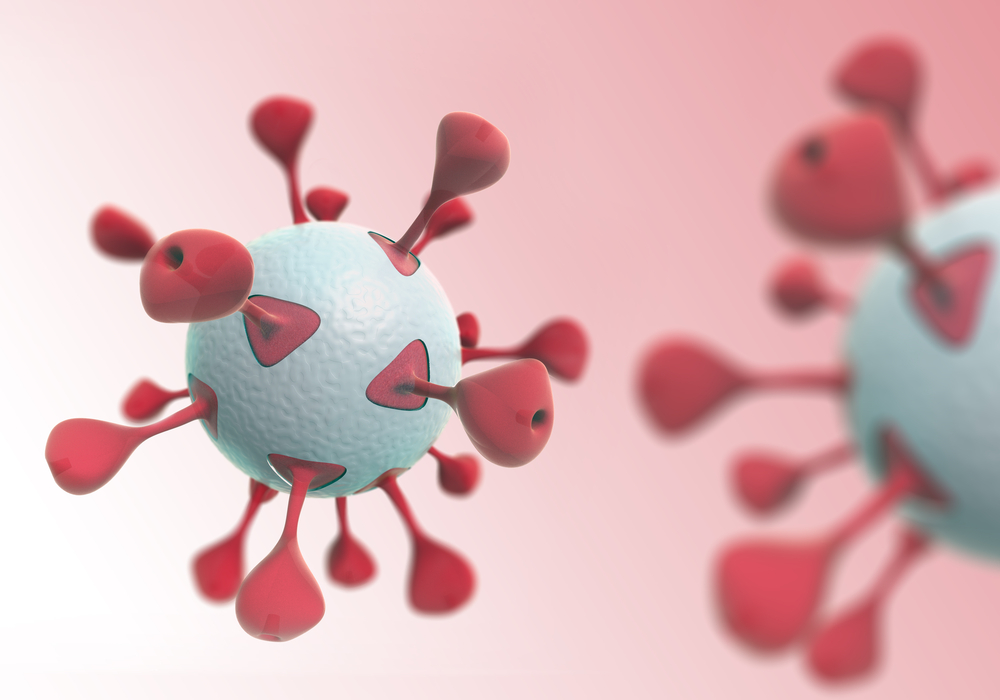Researchers at The Scripps Research Institute (TSRI) revealed a way to modify leukemia cells into leukemia-killing immune cells. This novel and surprising study may pave the way for the development of new therapy strategies not only for leukemia but also for other type of cancers. The report, entitled “Agonist antibody that induces human malignant cells to kill one another,” was published in the Proceedings of the National Academy of Sciences (PNAS).
“It’s a totally new approach to cancer, and we’re working to test it in human patients as soon as possible,” said Richard A. Lerner, senior author of the study, in a news release.
Discovering ways to transform malignant cells into benign cells has been a challenge in the field of cancer research. The Lerner laboratory has developed a process called “receptor pleiotropism” in which agonist antibodies bind to receptors and induce cell fates different from those induced by the natural agonist. In this study, the team discovered a receptor-activating antibody that converted leukemic cells into natural killer (NK) cells. This antibody was highly effective and a selective activator of the thrombopoietin (TPO) receptor, expressed by the majority of acute myeloid leukemia cells. NK cells induced by the antibody produced high levels of perforin, IFN-γ, and granzyme B, and attacked and killed other leukemic cells. Importantly, this antibody only induced transformed cells, such as cancer cells, into NK cells, and did not function in normal bone marrow cells.
Surprisingly, the authors found that the tumor killing effect of the induced-NK cells seemed to be fratricidal, i.e., induced-NK cells did not kill significantly unrelated breast cancer cells. However, this phenomenon is still not well understood. Dr. Lerner explained that these fratricidal therapies may have potential advantages, and if they are antibody-based therapies, they could be clinically useful with little or no further modification. Their high specificity for target receptors, and the resulting NK cells’ specificity for related cancer cells, could also reduce the probability of developing adverse side effects, making them more tolerable than commonly used cancer chemotherapies.
“We’re in discussions with pharmaceutical companies to take this straight into humans after the appropriate preclinical toxicity studies,” Dr. Lerner concluded.


